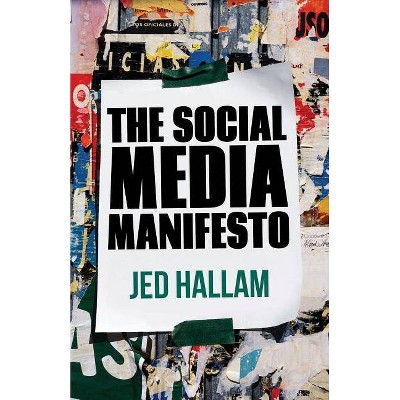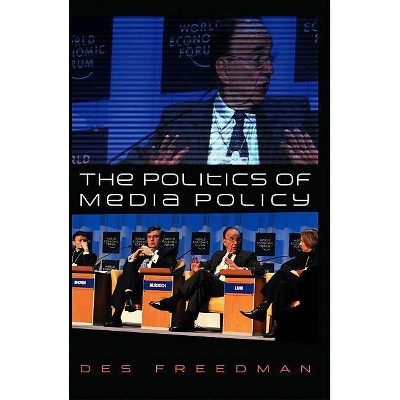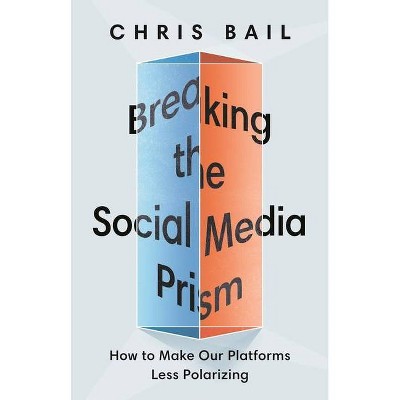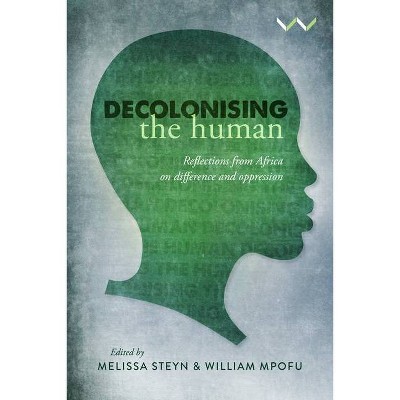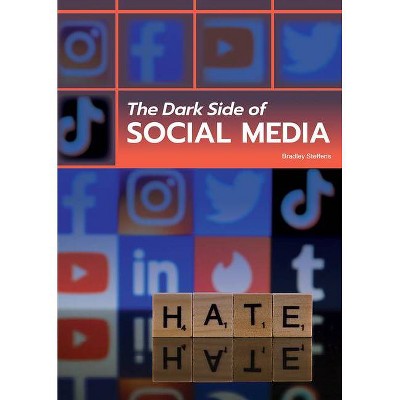The Politics of Laughter in the Social Media Age - by Shepherd Mpofu (Hardcover)
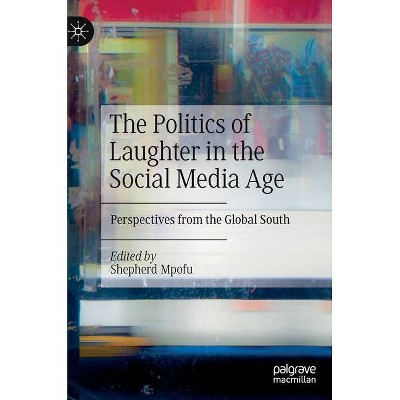
Similar Products
Products of same category from the store
AllProduct info
<p/><br></br><p><b> Book Synopsis </b></p></br></br>Chapter 1: Introduction<br>Part 1: Humour, Ridicule and Politics <br>Chapter 2: the Aesthetics of 'laughing at Power' in an African Cyber Sphere<br>Chapter 3: This Is a Laughing Matter: Social Media as a Sphere of Trolling Power in Malawi and Zimbabwe<br>Chapter 4: Memes, Politics and Social Criticism in the Global South: Culture of Political Satire in Contemporary Kerala, India<br>Chapter 5: Speaking "truth" to Power? Political Satire and the Mediation of the Zimbabwean Crisis in the "new Dispensation Era".<br>Chapter 6: Humour, Politics and Mnangagwa's Presidency: a Reception Study of Civic Intellectuals<br>Chapter 7. Visualising Politicians Through the Prism of Political Memes<br>Chapter 8: Inside-out: Politicians Disparaging Electorates and Democracy With Humour -the Case of Senator Dino Melaye in Nigeria<br>Part 2: Humour and the Everyday<br> Chapter 9: Laughing at Trouble: an Exploration of Online Economic Satire in Zimbabwe<br>Chapter 10: the Curious Case of "coconut Kelz" a Rhetorical Analysis of a South African Satirist's Use of Humour to Engage in Persuasive Commentary on Social Issues<br>Chapter 11: 'humor and the Politics of the Everyday': Reading Amateur Online Videos in Zimbabwe as a Subaltern Counter-public<br>Chapter 12: Pastoral and Presidential Parody in the Digital Space: an Analysis of Naijas Craziest<br>Chapter 13: Humour as Core Brand Element in Digital Public Speaking Assessment in South Africa<br>Part 3: Humour, Ridicule and Identity<br>Chapter 14: 'if Ever I Offended You I Am Sorry': Body Shaming and Embodied Racist Humour and Black Twitter in South Africa<br>Chapter 15: Gender Performances and Irony in the Online Presentification Narrative: a Study of the "Katylene" Case in Brazil<br>Chapter 16: Digital Football Fandom, Ethnicity and the Fragile Zimbabwe National Identity<br>Chapter 17: Mental Models and the Myth of Multiculturalism and Postracialism in Zapiro and Yalo's Cartoons on Social Media<br>Chapter 18: Humour, Identity and Ethnicity in the Zimbabwean Political Landscape <br>Chapter 19: Laughter in Turbulent Times: Comedy and Religion in the Rise of Brazil's Far Right<p/><br></br><p><b> From the Back Cover </b></p></br></br><p>"An original and sophisticated collection on laughter and ridicule in the global south in the age of digital media. This is a hard headed take which is as much about the robust ridiculing of the pretensions of postcolonial regimes, as about the dangers of the accelerated dispersion of prejudice and stereotype. A timely and exigent intervention".</p><p>- <b>Dilip M Menon, </b> Mellon Chair in Indian Studies, Director Centre for Indian Studies in Africa</p><p>"This is a superb volume of essays on the subject of laughter and ridicule as it is deployed to mock and put pressure on rogue postcolonial regimes by concerned citizens, with social media tapped into as a rich reservoir of political struggles and contestations between the powerful and the powerless! In this volume, laughter and ridicule emerge as a method and indeed a discourse of speaking truth to power."</p><p>- <b>Sabelo J. Ndlovu-Gatsheni, </b>Professor and Chair of Epistemologies of the Global South & member of the Africa Multiple Cluster of Excellence, University of Bayreuth, Germany</p><p><i>The Politics of Laughter in the Social Media Age: Perspectives from the Global South </i>brings to critical and intellectual attention the role of humour in the digital era in the Global South. Many citizens of the Global South live disempowered and precarious lives. Digital media and humour, as chapters in the volume demonstrate, have empowered these citizens through engagement with power and their peers, enabling a pursuit of a better future. Contributors to the volume, while alive to challenges associated with the digital divide, highlight the potentials of social media and humour to engage and seek redress on issues such as corruption, human rights violations, racism and sexism. Contributors expertly analyse memes, videos, cartoons and other social media texts to demonstrate how citizens mimic, disrupt, ridicule and challenge status quo. This book caters for academics and students in media and communication studies, political studies, sociology and Global South studies.</p><p><b>Shepherd Mpofu</b> is Associate Professor in Media and Communications at the University of Limpopo, South Africa. He is an African Humanities Programme Fellow. He is co-editor of <i>Mediating Xenophobia in Africa </i>(Palgrave, 2020). He regularly publishes in academic journals on themes such as media and identity, media and protests, gender and race.</p><p/><br></br><p><b> About the Author </b></p></br></br><b>Shepherd Mpofu</b> is Associate Professor in Media and Communications at the University of Limpopo, South Africa. He is an African Humanities Programme Fellow. He is co-editor of <i>Mediating Xenophobia in Africa </i>(Palgrave, 2020). He regularly publishes in academic journals on themes such as media and identity, media and protests, gender and race.
Price History
Price Archive shows prices from various stores, lets you see history and find the cheapest. There is no actual sale on the website. For all support, inquiry and suggestion messagescommunication@pricearchive.us

